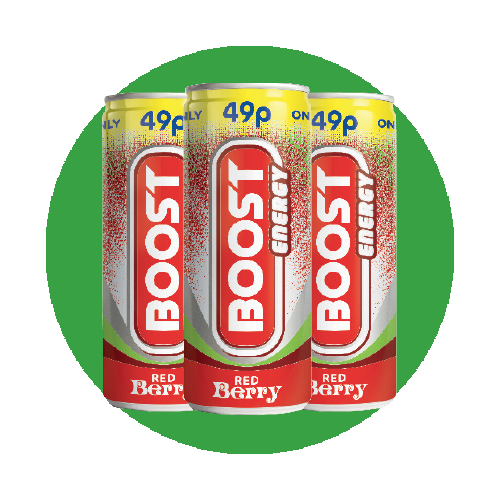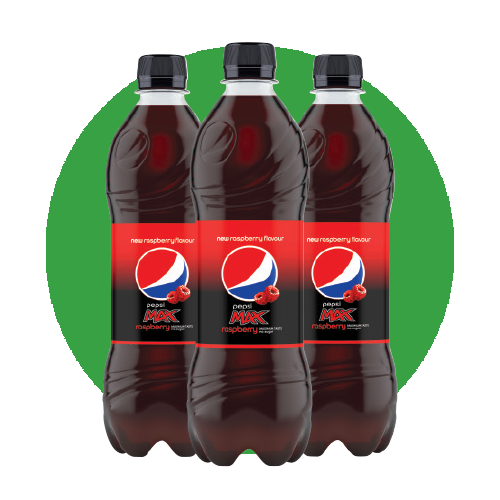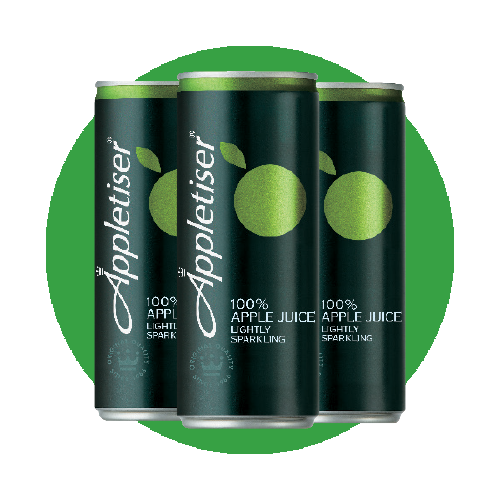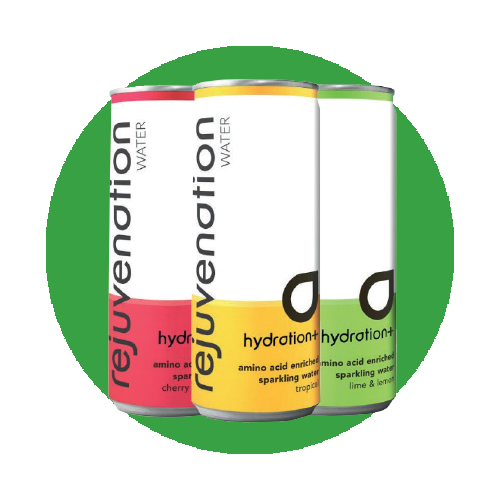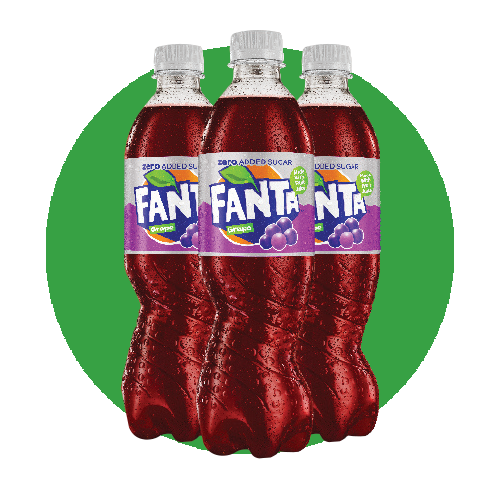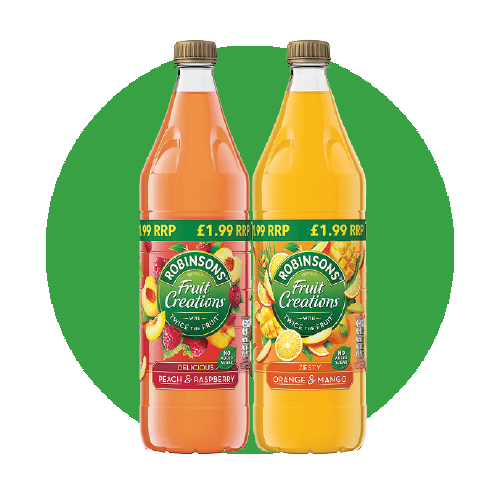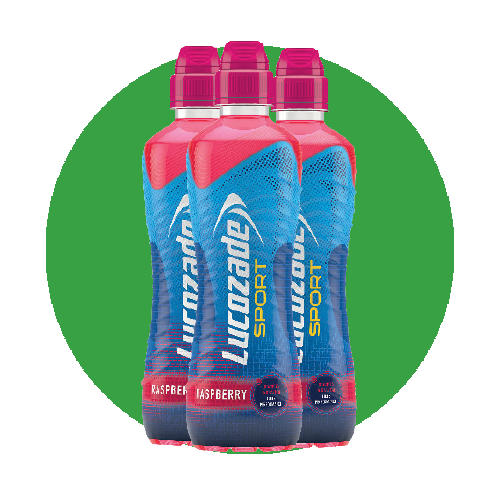Eleven months on from the introduction of the industry levy, Olivia Gagan quizzes the UK’s leading soft drinks players about the challenges and opportunities ahead
Now the sugar tax has had time to bed in, the majority of brands believe the new rules have not dented sales in the category. Instead, the levy has simply started to gradually nudge some – but not all – consumers towards lighter drinks.
Mark Bell, strategy and planning manager at Red Bull, says sales of diet drinks are rising post-levy: “Consumers are swaying more towards sugar-free options. Therefore, it is imperative that a higher proportion of space should be dedicated to low-calorie products.”
A Boost Drinks spokesperson agrees that, overall, soft drinks sales have not been hit by the levy, stating: “Early data post-introduction suggests that it has had little impact on consumer behaviour.” In fact, James Logan, commercial director at Refresco UK says in spite of the sugar levy, there was sustained growth last year in sales of full-sugar drinks across high-value and volume categories, such as energy, colas, fruit carbonates and sports drinks.
Most consumers are buying soft drinks at the same rate as before, but Boost’s spokesperson says: “We also recognise that almost half of consumers do support the government’s move to stricter rules around soft drinks – so there certainly is a market for lower-sugar drinks.” One key target group for these drinks is children and families, as schools across the UK are working with local convenience stores to create voluntary bans on sales of full-sugar and energy drinks to kids under a certain age.
Healthy additions
 In line with the shift towards lighter drinks, another trend for 2019 is an increasing demand for soft drinks offering health benefits. “Busier lifestyles,” Bell says, “and increasingly time-poor consumers mean the market is looking for more all the time.”
In line with the shift towards lighter drinks, another trend for 2019 is an increasing demand for soft drinks offering health benefits. “Busier lifestyles,” Bell says, “and increasingly time-poor consumers mean the market is looking for more all the time.”
He explains how wholesalers should look out for products that deliver added value for a range of occasions, such as multivitamins, protein or a functional energy boost: “Younger shoppers are especially curious to try new lines and products, and these consumers are drinking a wider range of categories and brands.”
Drinks brand Rejuvenation Water’s founder, Kris Ingham, suggests wholesalers can capitalise on this interest with healthy add-ons, by looking out for certain of-the-moment ingredients: “Plant-based proteins, amino acids, botanical extracts and electrolyte-enriched sparkling waters are catching the attention of consumers at the moment.”
Wholesalers will notice new product launches designed to meet the needs of this mini-category throughout 2019, with Refresco planning to launch two new milk-based protein drinks, which will be added to the Emerge portfolio.
An energy boost
Even with the healthiest of intentions, sometimes the main thing consumers crave from their soft drink is a quick shot of energy. Logan says that caffeine consumption is on the rise, be it from coffee or energy drinks, while Adrian Troy, marketing director at Barr Soft Drinks, says wholesalers should stock up on energy drinks with punchy flavours. “Energy drinks account for one in three drink-now products in convenience, with big-can energy drinks driving a significant amount of this volume. Within this, flavours offer the choice that shoppers are looking for,” he adds.
Drinks that promise natural sources of caffeine will be winners this year, Logan also predicts, with people buying energy drinks to give them more focus. However, he says that as consumers become more health-conscious, they are also looking towards natural sources of caffeine such as green tea extract, green coffee extract, kola nut, guarana and ginseng. This is shown in the market growth from natural energy drink brands such as Britvic’s Purdey’s, as well as Tenzing, Scheckters and Sunsoul, which was up 32% last year.
Premium booze-free brand
The rise of teetotal youngsters is also making headlines, and it is also set to make an impact on the shop floor. Marketing director at Franklin & Sons Jen Draper says: “Mindful drinking, where people opt for low- and no-alcohol drinks, looks to be a big, rising trend this year. Younger generations are drinking less alcohol, but this doesn’t mean they’re going out or celebrating with friends less. People are simply changing their drinking habits.”
Andrew Turner, director of wine for Halewood Wines & Spirits, which manufactures Eisberg Alcohol Free Wine, adds that offering choice and quality lines is key in this section of the soft drinks universe: “Consumers want choice, they want a premium feel and they want to feel they’re not missing out on any social occasions. It’s a big opportunity to expand the ranges that are on offer.”
But what type of booze-free products should wholesalers prioritise? “The public are calling out for a comprehensive range of alcohol-free products,” says Turner. “This won’t have a negative impact on their waistline. What was previously seen as something only for designated drivers has now developed into a popular lifestyle choice.”
Looking ahead
Considering longer-term predictions, the issues of sustainability and a shrinking retail floor space are key areas. Concerns about plastic pollution is front of mind with consumers, bottled water producers, industry bodies, retailers and the government, but isn’t – as yet – having an impact on shopper behaviour. It will, however, become increasingly important in influencing shopper behaviour. This means it is important to have brands with sustainability credentials, with Logan believing brands that market their low impact on the environment could win the attention of consumers.
On a more practical note, Rich Fisher, category development manager at Red Bull, says many retailers are reconsidering their ranges entirely, and wholesalers should be primed to offer them exactly what they need. “Space can be a big challenge as many are looking to consolidate their range in store,” he says. He advises wholesalers to stock the most efficient range to drive the greatest value – while category space should be aligned with share of sales to maximise sales.
Retailer viewpoints

“We only have a 1.25-metre display for our soft drinks section. We have a basic range of Coca-Cola, Diet Coke, Red Bull and various waters, but our customers are young and affluent, so we stock a lot of premium health brands. Kombucha drinks are popular and people will pay up to £3.99 for a drink.”

“Our bestseller is the full-sugar Coca-Cola, in both cans and bottles. We haven’t been affected by the sugar levy. What was more impactful was our decision to stop selling energy drinks to anyone under the age of 18. Sales dropped – and now the kids just buy chocolate for energy instead.”

“Monster used to be slow, but now Monster Energy Ultra and Monster Punch sell a lot. Red Bull, Coca-Cola and Lucozade Sport fly out. There are now plenty of sales of zero-sugar drinks, too, and it would be good to hear from wholesalers which of those are bestsellers to help us choose what to stock.”

“Normal Lucozade used to sell three cases a week – now we sell more zero-sugar drinks. Sugary drinks mean a 40p-50p price difference, and people still want a £1 price-mark. Children are educated more about sugar, so awareness is rising. However, tradespeople need the energy, so they still buy sugary drinks.”
Product news
Takeaway points
Seek drinks with health-focused, natural ingredients
From botanicals to amino acids, vitamins to plant proteins, shoppers are looking for extra benefits from their soft drinks
Keep energy levels high
Energy drinks sales are booming, so seek out bold tastes to please shoppers craving strong flavours and high caffeine content.
Stock key bottle materials and formats
For example, the large-can format reigns in the energy drinks space. In bottled water, consumers are highly aware of plastic consumption.
Align space with sales
As retailers review and consolidate their soft drinks offerings, offer bestselling lines alongside smaller amounts of carefully chosen, compelling new products.
Go premium with alcohol alternative
Non-alcoholic drinks have entered the mainstream. Ensure you cater to discerning teetotallers with premium lines of natural, low-calorie flavours.

